The Independent's journalism is supported by our readers. When you purchase through links on our site, we may earn commission. Why trust us?
The winter skincare essentials for every skin type, according to experts
Whether you have dry, oily or combination skin, we asked top dermatologists to weigh in on the products you need for the colder climes
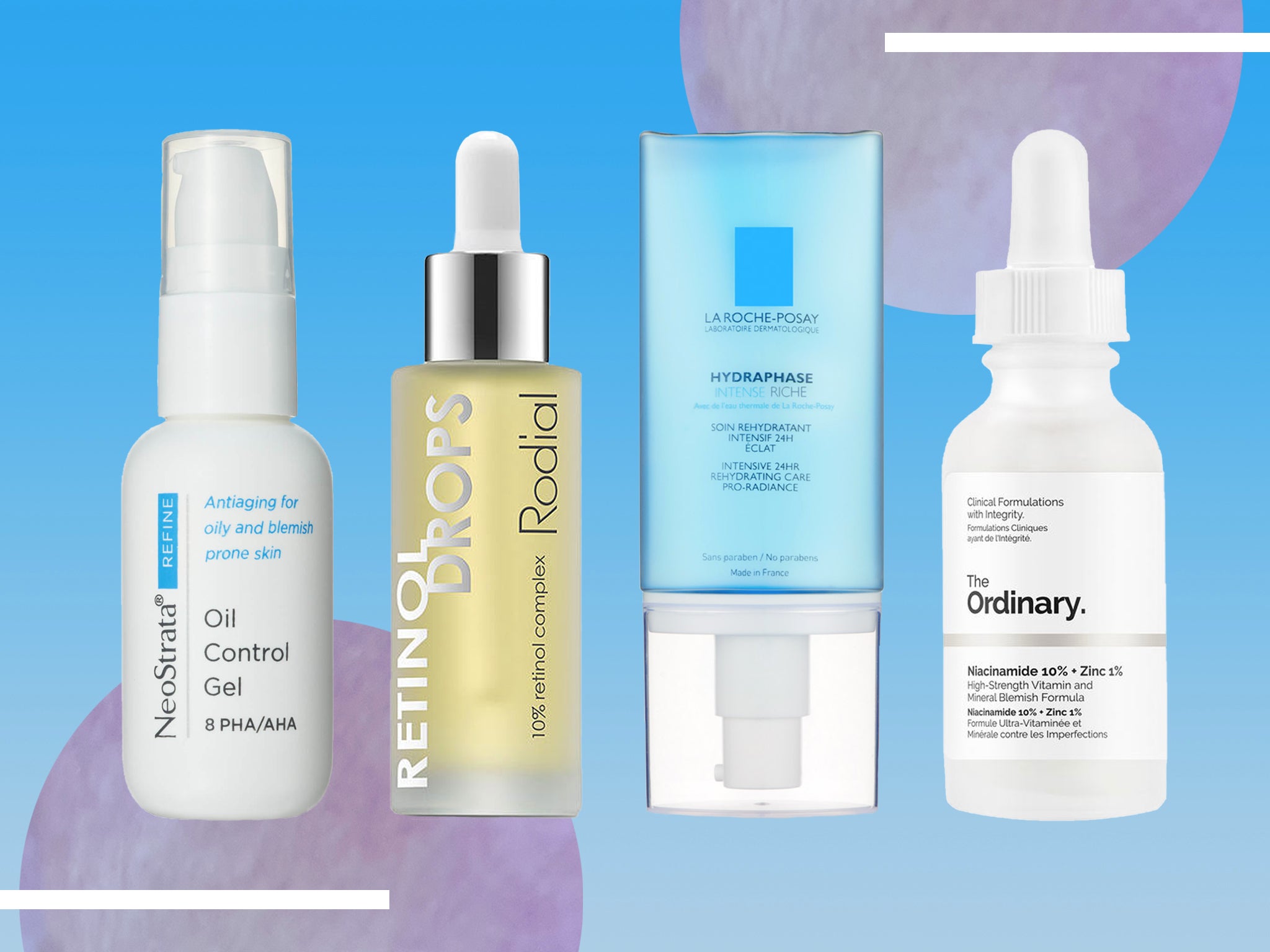
Your support helps us to tell the story
From reproductive rights to climate change to Big Tech, The Independent is on the ground when the story is developing. Whether it's investigating the financials of Elon Musk's pro-Trump PAC or producing our latest documentary, 'The A Word', which shines a light on the American women fighting for reproductive rights, we know how important it is to parse out the facts from the messaging.
At such a critical moment in US history, we need reporters on the ground. Your donation allows us to keep sending journalists to speak to both sides of the story.
The Independent is trusted by Americans across the entire political spectrum. And unlike many other quality news outlets, we choose not to lock Americans out of our reporting and analysis with paywalls. We believe quality journalism should be available to everyone, paid for by those who can afford it.
Your support makes all the difference.With the depths of winter upon us, there’s no denying that the chilly temperatures can wreak havoc with our skin.
The changing weather ultimately alters the environment around us. “The cold is drying and the wind has a tendency to strip the skin, while the contrast between the cold outside and warm inside causes a more pronounced vascular reaction, resulting in flares ups of inflammatory conditions like rosacea, eczema and psoriasis,” says facialist Debbie Thomas.
As such, during the winter months it’s important to alter our skincare routines to counter these changes and protect the skin’s natural protective barrier.
In order to do so, it pays to identify what skin type you have. Maria Hatzistefanis, founder of global skincare brand Rodial, notes that there are four main skin types: normal, combination, oily and dry. “The best way for you to identify your skin type is to really study your skin, how it feels, looks and reacts,” she says.
“If your skin type is dry, your skin often feels tight and will have noticeable dead skin cells that can flake off the skin. Oily skin is identified if you have noticeable oil that sits on your skin, normally around the T-zone, and your skin tends to look shiny and pores are often clogged and blackhead prone,” she says.
But, if you find that your skin can feel or look different on different areas of the face – for example, if your cheeks can be dry, but your T-zone is oily – “then this would suggest that you have combination skin”, says Hatzistefanis.
“Finally, if you have a normal skin type then you will notice your skin is neither to dry nor too oily and does not tend to suffer from breakouts or clogged pores and generally does not need special care,” she adds.
In order to help you better understand what your skin needs, we asked the experts to advise on the best evening skincare routines for every skin type. From dry to oily, they weighed in on the best products to use to get you through winter.
You can trust our independent round-ups. We may earn commission from some of the retailers, but we never allow this to influence selections, which are formed from real-world testing and expert advice. This revenue helps to fund journalism across The Independent.
Dry skin
If you have dry skin, you may notice it feels tight, looks dull, lacks elasticity and experience bouts of flakey patches, itchiness and redness. If you experience the latter, “limiting the use of soap and hot water on the skin can really help to prevent dryness and inflammation”, advises Dr Bibi Ghalaie, founder of cosmetic clinic British Aesthetics.
As for your evening routine, the purpose of it "is to repair and restore skin after the daytime battle against skin aggressors like UV damage and pollution. It’s also helpful if the effort is made to replenish the skin’s essential barrier function, especially during the cold months,” says Dr Sam Bunting, skincare expert and the founder of Dr Sam’s.
When considering where to begin, she suggests “using a non-foaming cleanser that gently removes make-up and sunscreen, while maintaining the skin’s acid mantle”. If you’re unsure which one to use, she recommends making the Dr Sam’s flawless cleanser (Dr Sam’s, £16) as your go-to.
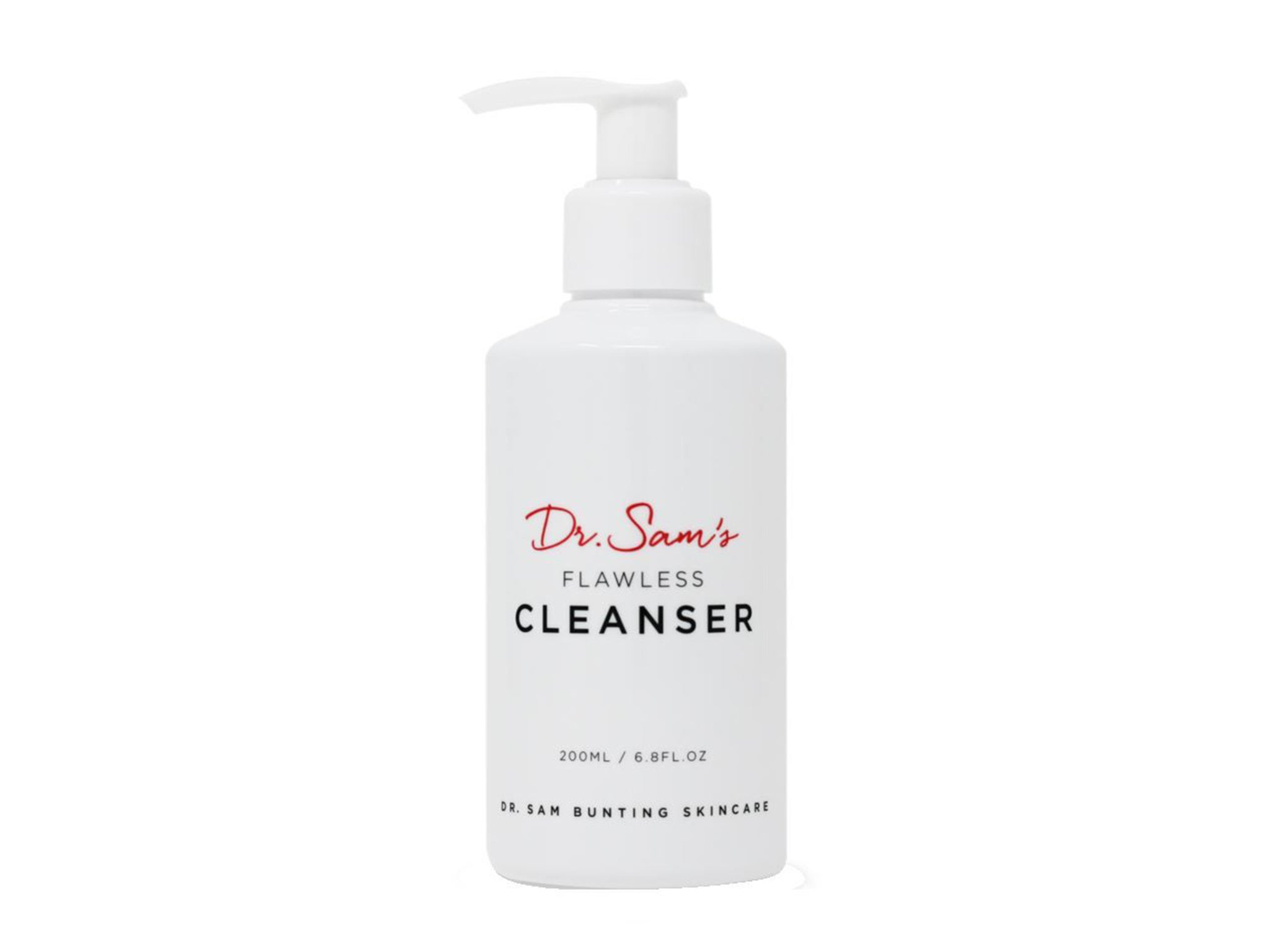
It’s a “cream-based formula that’s also extremely gentle and won’t clog pores”, she adds. This jelly cleanser has been formulated to be suitable for all types, with a particular focus on acne-prone and grown-up skin.
Alternatively, she likes the La Roche-Posay toleriane dermo-cleanser (lookfantastic, £9.35) – a cream-based formula that’s similarly gentle.
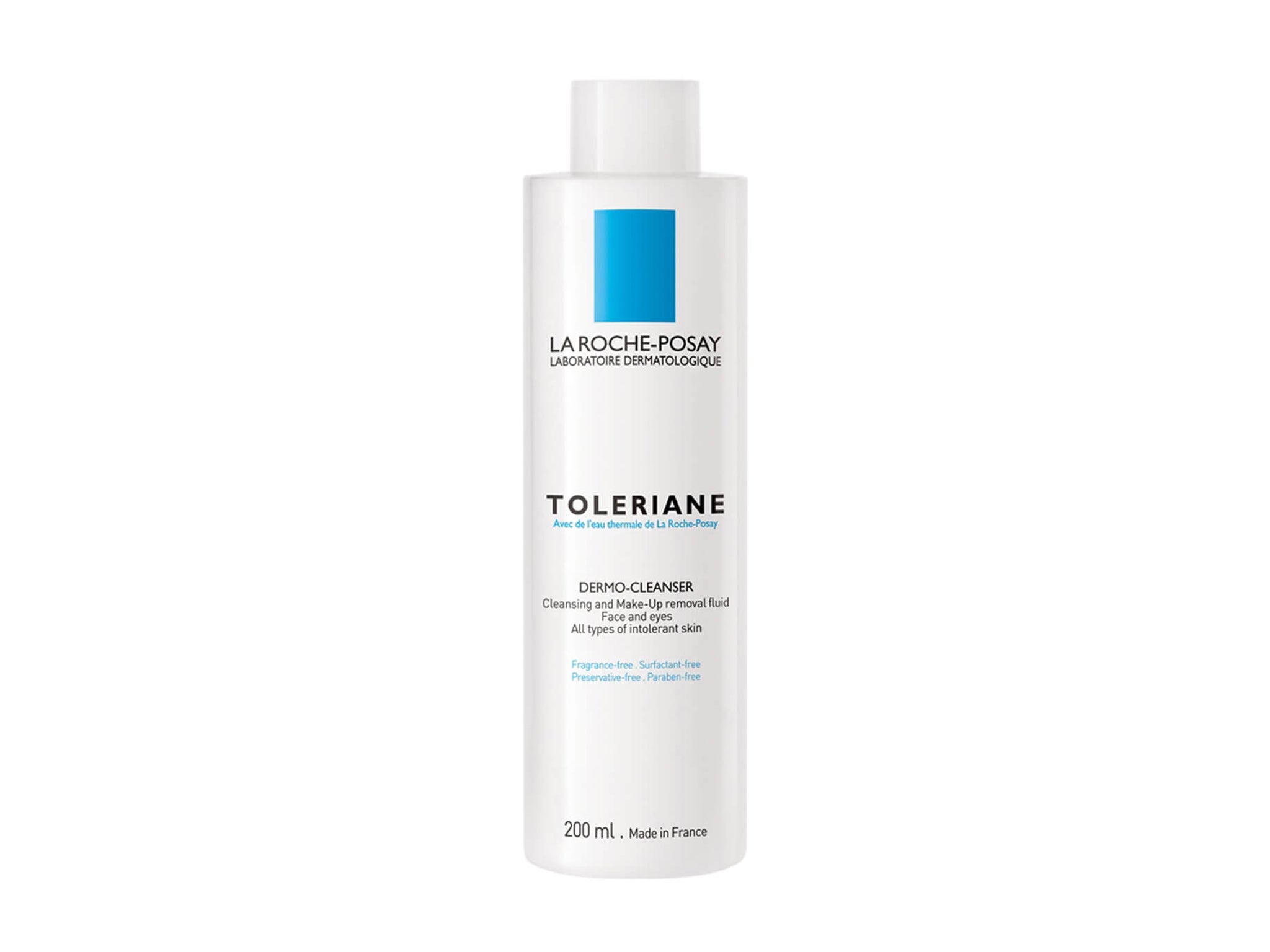
It’s fragrance and alcohol free, and effective at removing make-up, dirt and grime. After cleansing, Dr Bunting recommends adding niacinamide (or vitamin B3) to your evening skincare routine.
This is “a well-tolerated active ingredient that helps calm inflamed skin, boosts collagen and also stimulates ceramide production, and then strengthens the skin’s barrier”, she says.
You can find it in The Ordinary niacinamide and zinc serum (Boots, £5), a no-frills product that works to regulate sebum production and blemish-causing bacteria.
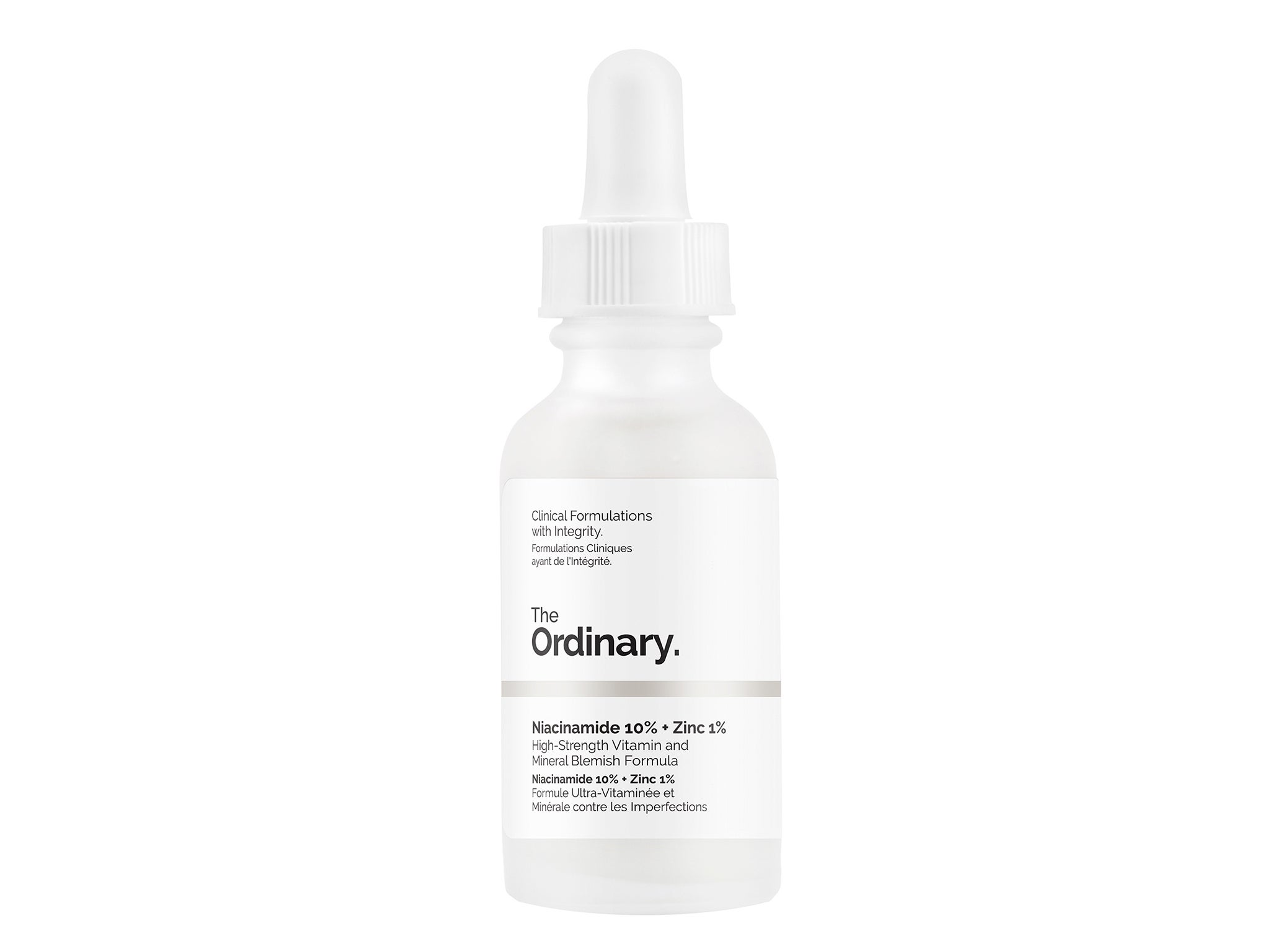
Follow this with a moisturiser. Pamela Marshall, clinical aesthetician and co-founder of Mortar & Milk, recommends a very hydrating, polyhydroxy-acid-rich moisturiser for dry skin during winter, with her favourite being Exuviance total correct and hydrate (Mortar & Milk, £71).
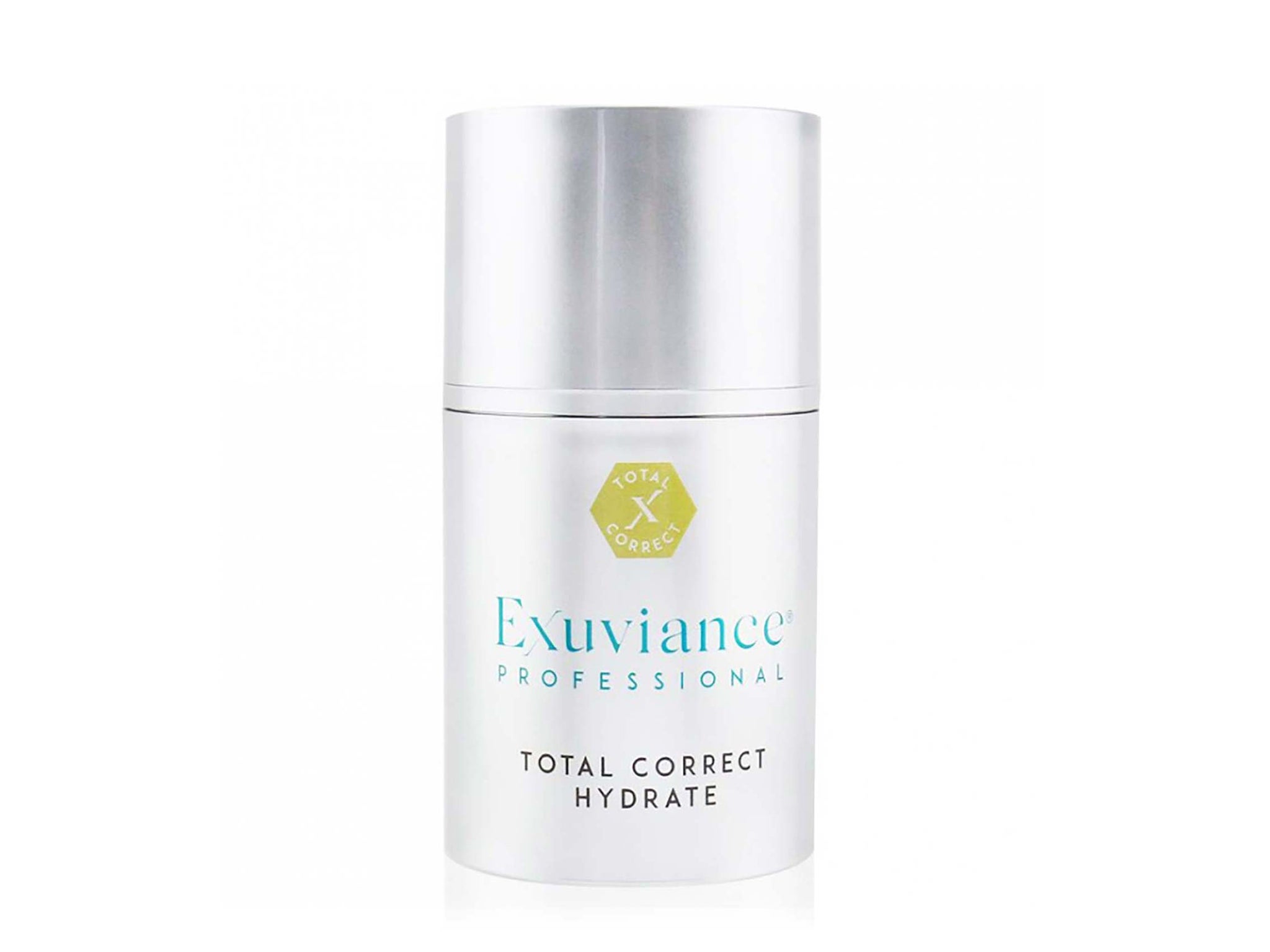
PHAs work to retain moisture, act as an antioxidant and gently exfoliate. “This means they will remove excess dead skin, reduce inflammation and bring moisture to the epidermis,” says Marshall.
During the winter, dry skin requires a little extra TLC. With this in mind, Marshall also recommends the Exuviance ultra restorative creme (Mortar & Milk, £54) for being “fantastic at reducing inflammation and protecting the skin from the colder months”.
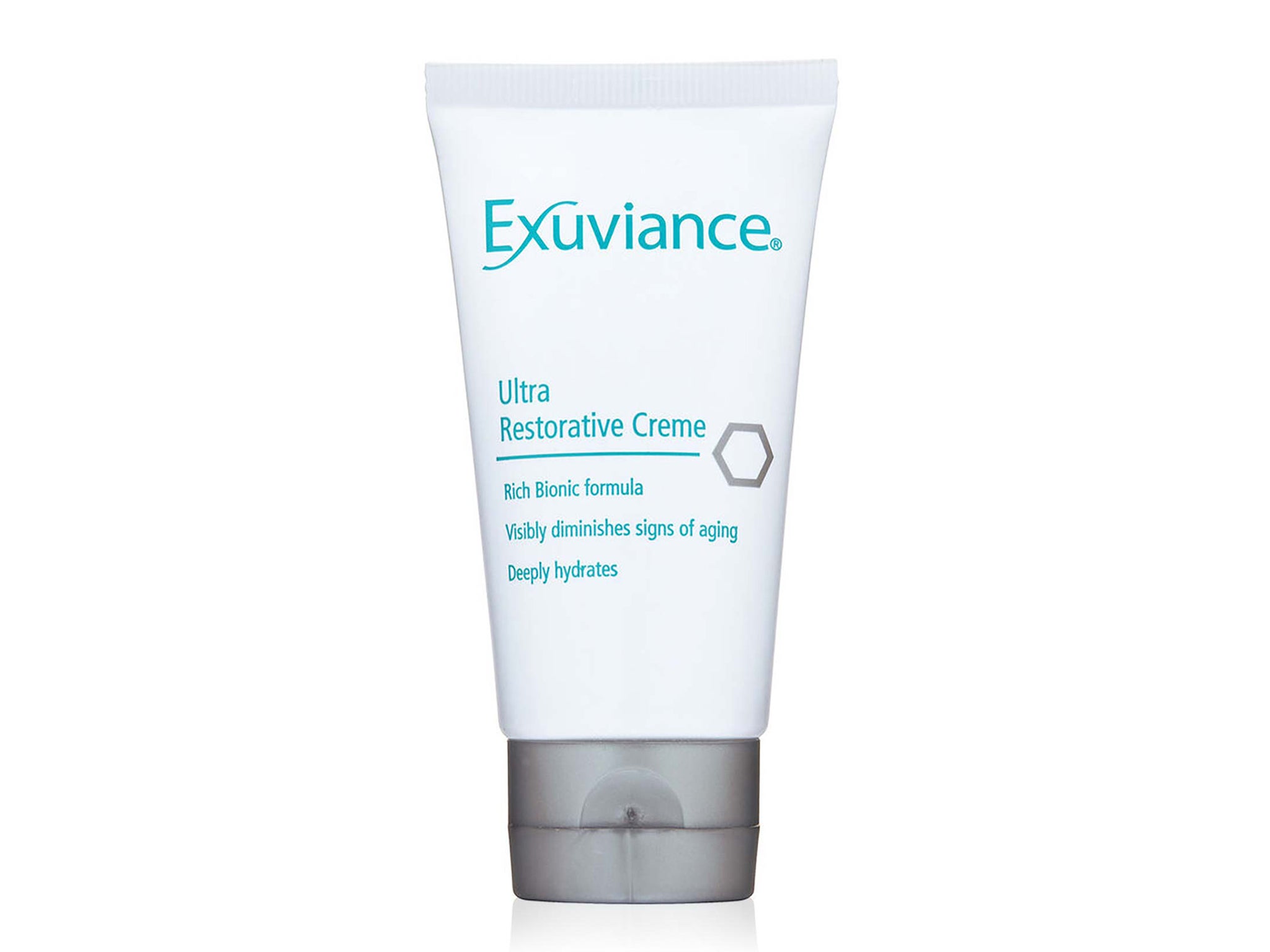
Formulated to renew and restore skin, regular use helps to reduce the appearance of fine lines and wrinkles, and leaves skin more hydrated and luminous, she says.
If you’re looking for something a little kinder to your pocket, the CeraVe moisturising lotion for dry to very dry skin (Superdrug, £9.49) took the top spot in our review of the best moisturisers for dry skin, with our writer noting that it “transforms dry skin overnight”.
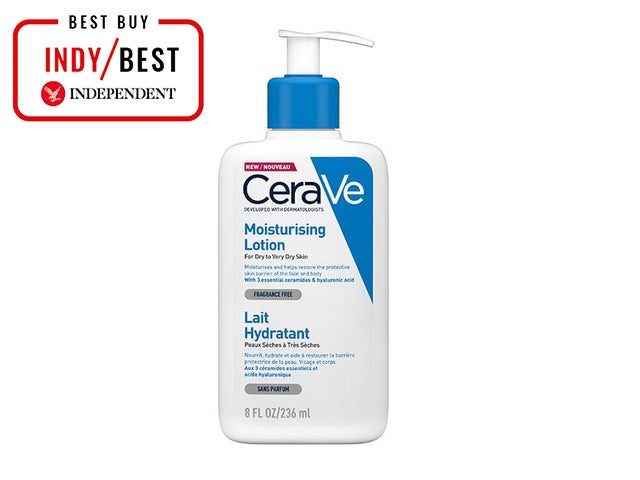
“Most impressively, it manages to deeply moisturise without leaving any sticky residue or affecting the finish of your make-up. Also, it’s an absolute bargain. Win-win,” said our tester.
If you’re looking for something to provide a little more protection from the elements, Marshall recommends turning to clinical moisturisers. While high street versions can work as a protective barrier and plump dead skin cells, they are not able to create functional change in the skin.
Oily skin
If you are prone to oily skin, you may find it’s overly shiny, with visible pores and regular outbreaks of blackheads and blemishes.
“It is always tempting to reach for harsh cleansers and exfoliators to strip away the excess oil, however, this can lead to further issues and cause an imbalance with your skin,” says Bethany Carlyle, senior skincare buyer at lookfantastic. Similarly, you do not want anything too rich in consistency as this can cause clogged pores, leading to a vicious cycle of breakouts.
Start your evening routine by cleansing, a step that Dr Justine Hextall, consultant dermatologist at La Roche-Posay, says is particularly important so as to remove excess sebum, pollutants and make-up from the day. The Ole Henriksen oil balance cleanser (Boots, £20) was highly commended in our review of the best face cleansers and it’s ideal for oily skin.
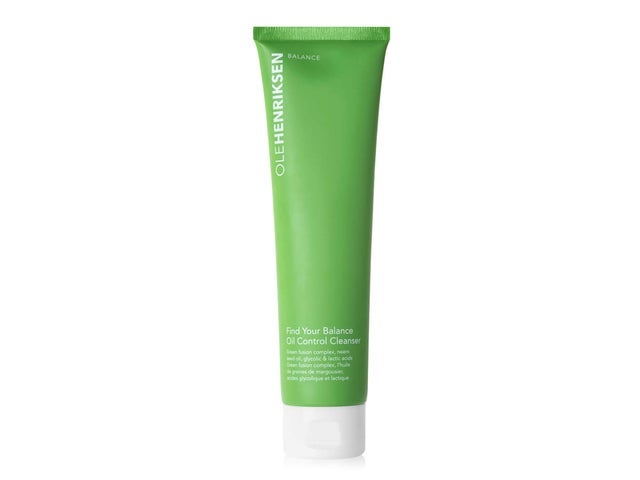
“If you’re constantly dabbing away shine on your T-zone or applying powder on top of your foundation, try this,” said our tester, who found it made a difference to oiliness within a week and continued to be effective throughout their period, when hormonal acne typically struck.
They added that it carries a slight scent of tea tree oil, which also works wonders on blemishes. “It’s a multi-tasking cleanser that tackles spots, making it a no-brainer buy.”
Once cleansed, Carlyle recommends using the Inkey List C-50 night treatment (lookfantastic, £12.99), which combines the beta hydroxy acid salicylic acid for exfoliation with vitamin C to create a brighter, more even skin tone and texture.
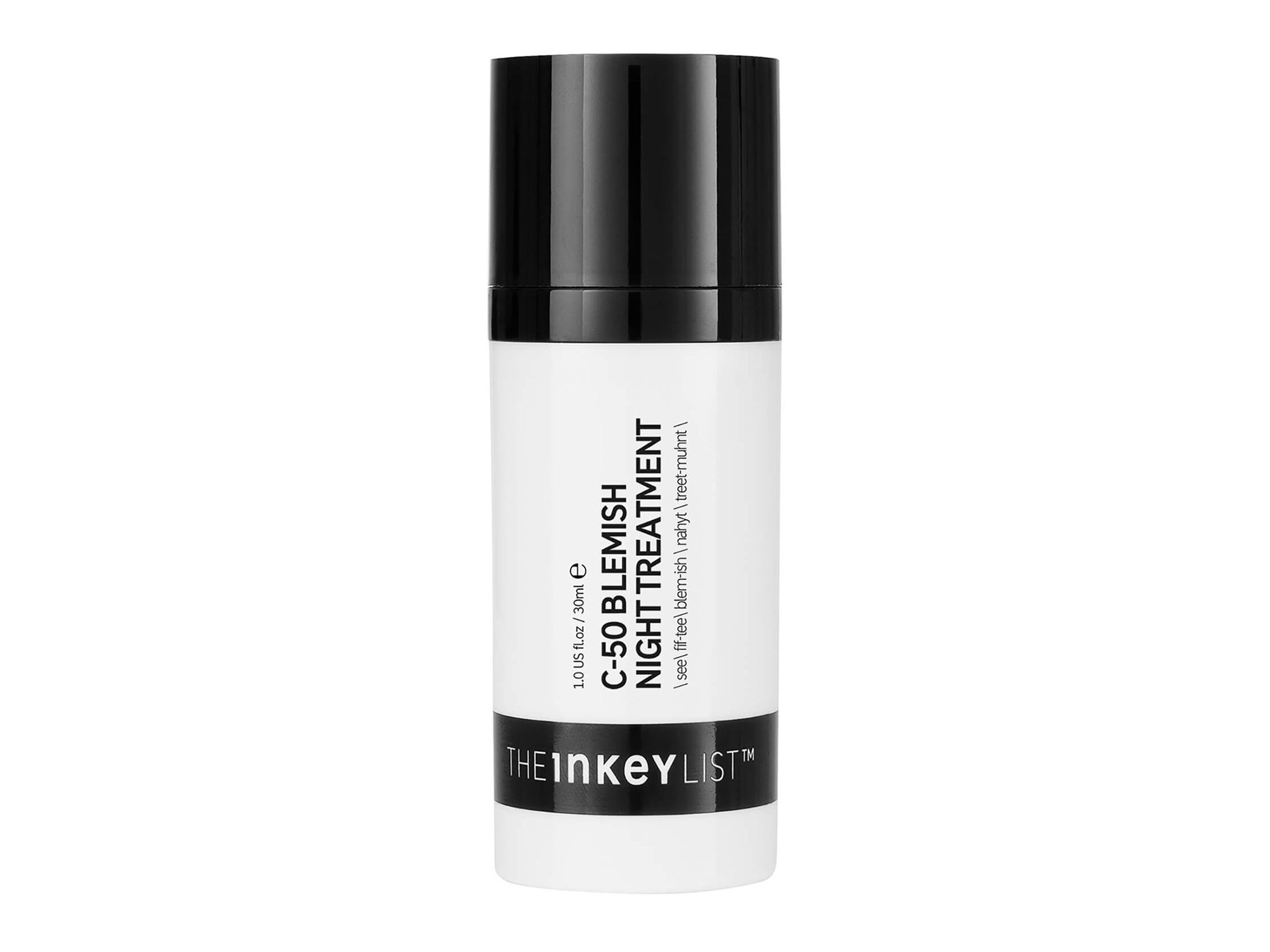
“You will notice any existing blemishes become less noticeable and it will encourage faster healing, working overnight with anti-inflammatory properties to calm redness and any irritation,” says Carlyle.
“If you have oily skin, you mustn’t forget that your skin still needs hydration,” notes Dr Hextall. She recommends using a “hyaluronic acid overnight, such as the La Roche-Posay’s hyalu B5 (Boots, £38) to draw water into the skin”.
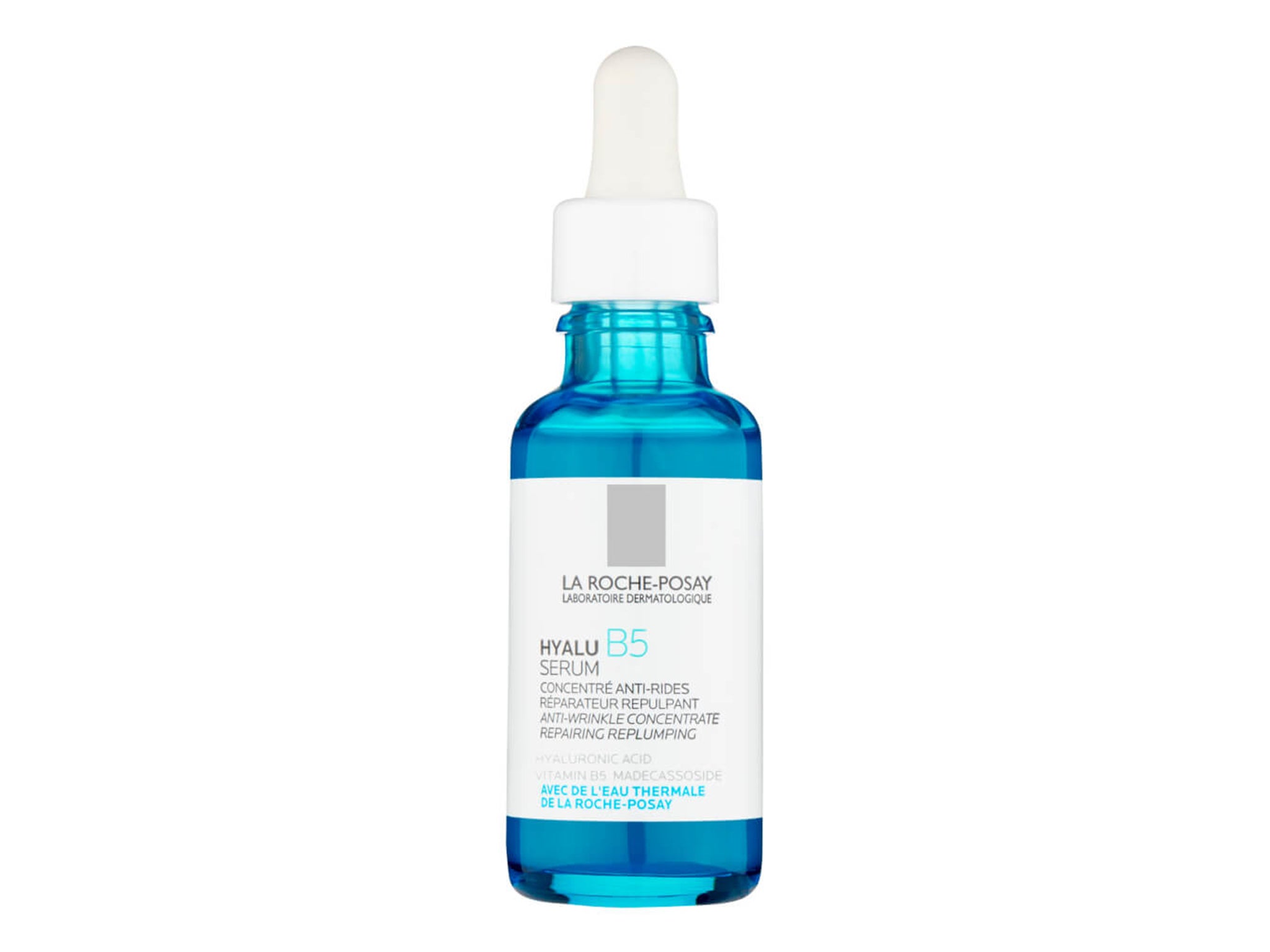
It has all the immediate skin-softening benefits of a thick cream but with a serum texture, so it won’t upset your oily skin type.
“If you want to use an active ingredient to resurface, retinol works really well on oily skin,” says Dr Hextall. The La Roche-Posay retinol B3 (Amazon, £27.99) can be used on its own after cleansing a few nights a week, and is even suitable for sensitive skin and will help to reverse signs of ageing, she adds.
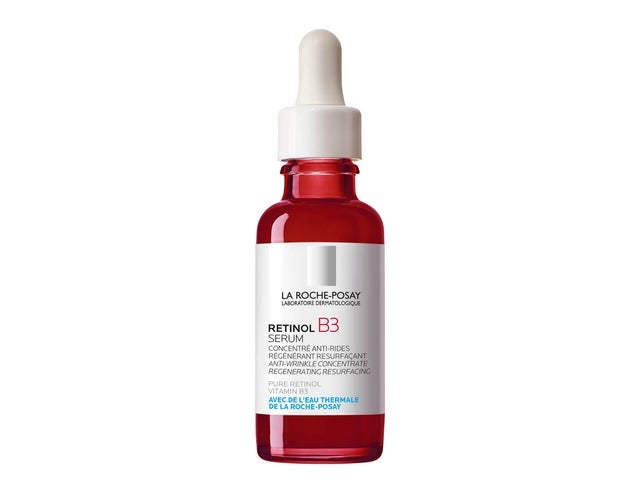
This particular product featured in our guide to the best retinol for beginners, with our tester noting that the combination of retinol and vitamin B3 should make a real difference to firmness and texture.
After two weeks of use, our tester found that their skin was softer, plumper and better hydrated, noting that she experienced fewer breakouts than normal.
If you’re looking for the perfect oil-friendly moisturiser, the Natura Bissé oxygen cream (lookfantastic, £83) is “a great all-rounder to help keep pores clear and oil free”, says Carlyle.
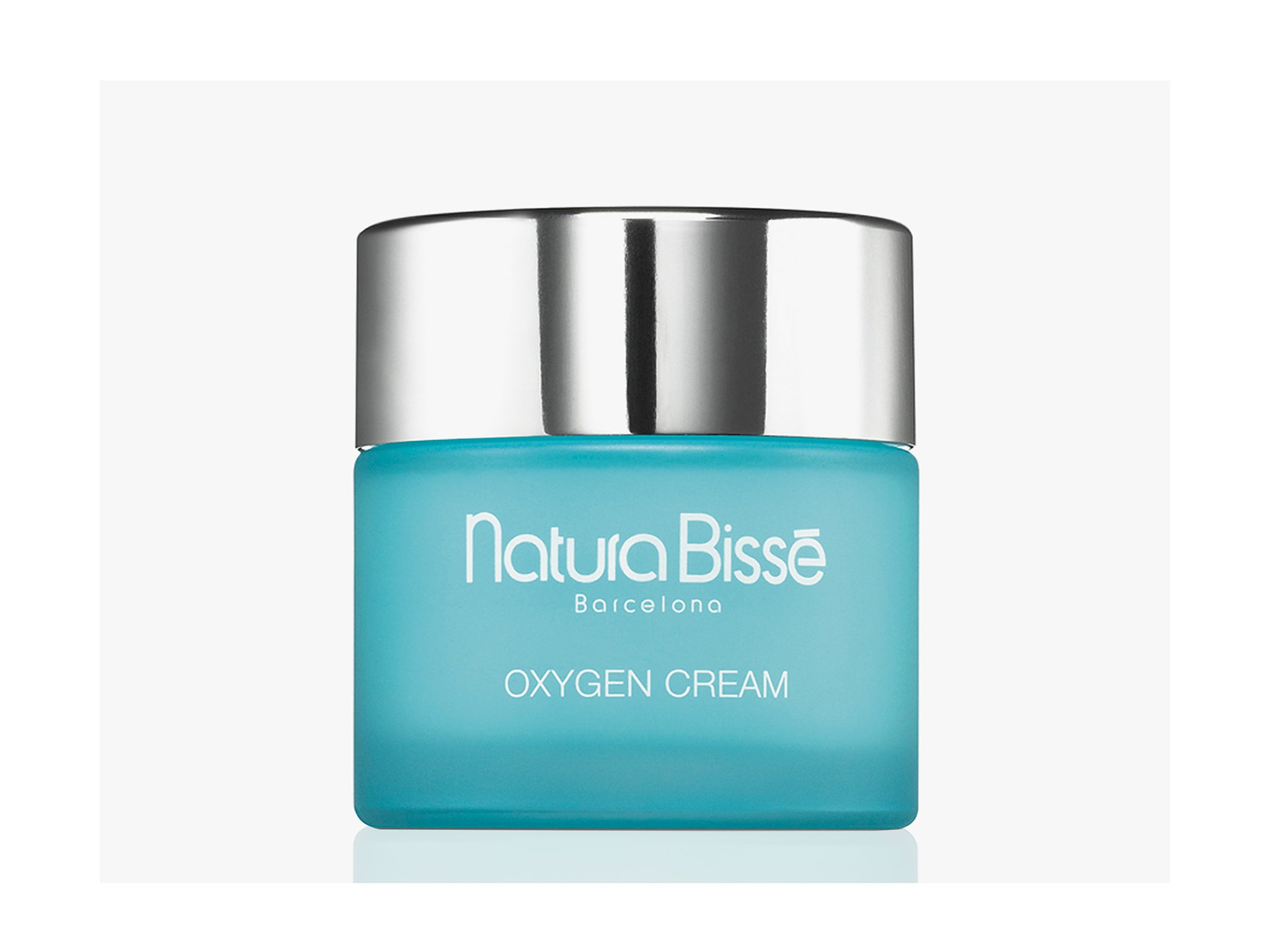
She adds that “this go-to product will leave you with an all-over brighter, more radiant complexion that is fast-absorbing and, most importantly, has a non-shiny finish”.
For something a little more pocket-friendly, the Glossier priming moisturiser balance (Glossier, £23) was crowned IndyBest best buy in our review of the best moisturisers for oily skin, and should be applied after cleansing and can be used both morning and night.
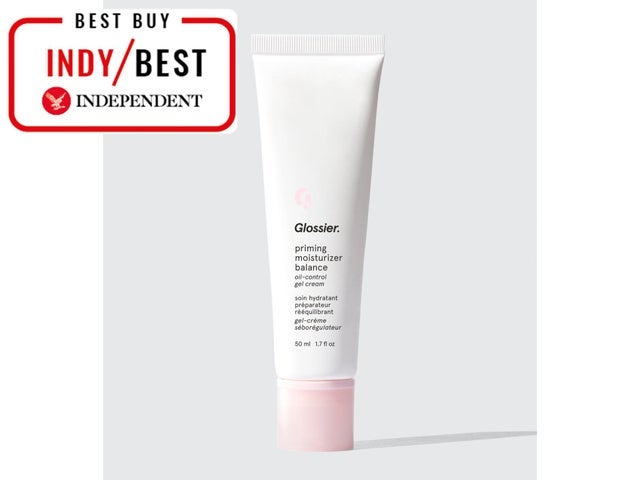
“The gel-cream formula contains marine extract to reduce oiliness, and willow bark extract to smooth skin, while niacinamide improves the appearance of pores and uneven skin tone,” noted our tester. She noticed immediate results on her T-zone, which only improved over the course of the week.
“Instead of leaving skin totally matte, it had just a hint of dewiness that never devolved into a greasy mess or broke us out. An oily skin miracle,” she praised.
Normal skin
If your skin type is normal, Dr Sheraz says “you are one of the lucky ones” and have skin that is “well hydrated, with good circulation and no issues with over or under production of oil”. As such, “you can use a mix of hydrating and brightening ingredients in your skincare routine”, notes Hatzistefanis.
Firstly, she suggests cleansing the skin with a hydrating cleanser, such as the Rodial pink diamond cleansing balm (SpaceNK, £55).
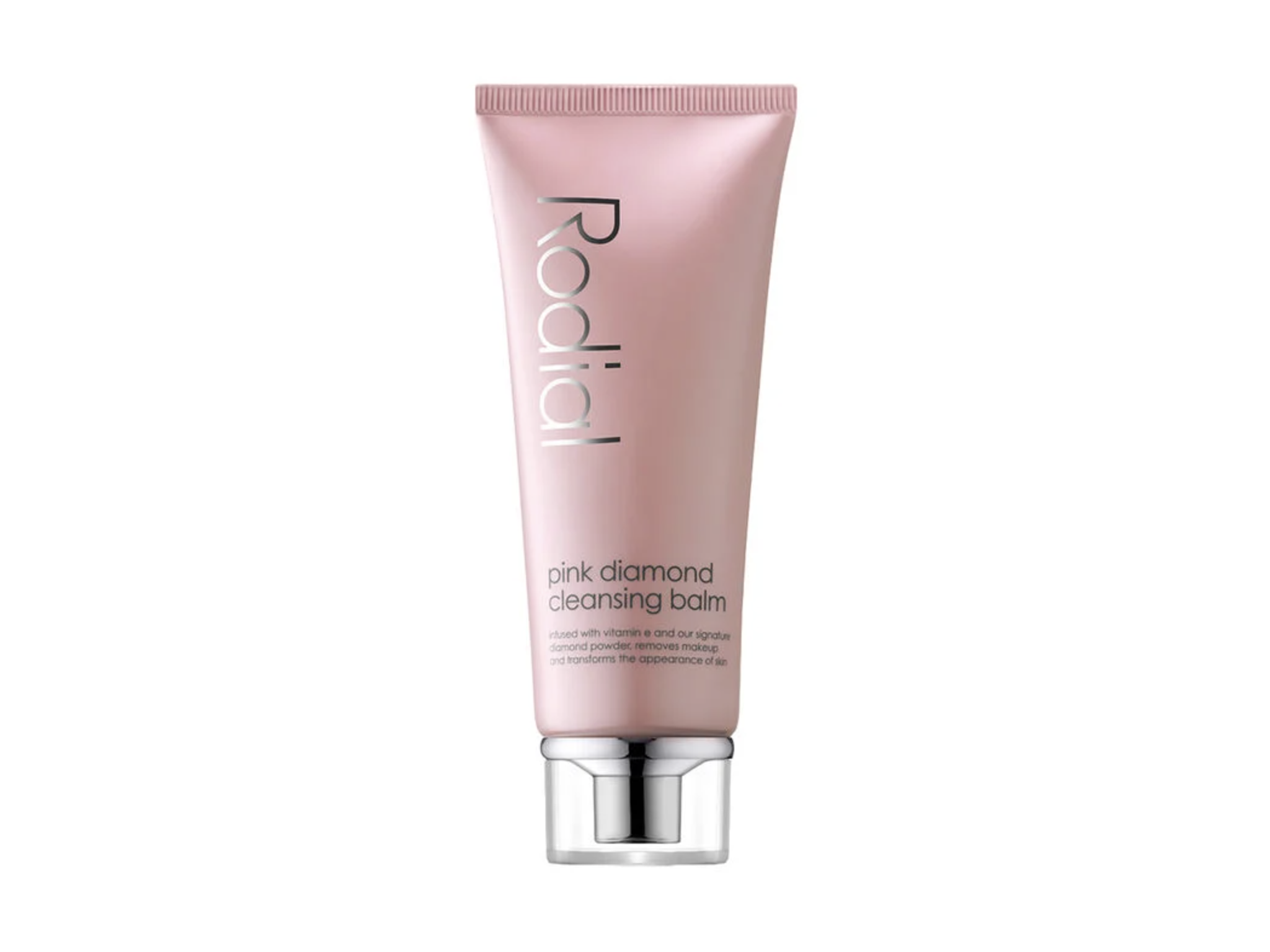
This non-stripping gentle balm will remove all traces of make-up and daily dirt and grime, notes Hatzistefanis. Apply a small amount and warm in the hands before applying directly to the face to break down products, then rinse off with warm water or a muslin cloth.
For something a little kinder to the pocket, we reviewedCeraVe’s cream to foam cleanser (Boots, £12.50), which is the brand’s new formula that promises to hydrate and remove make-up without stripping the skin. When applied onto a wet face and massaged in, it immediately lathered into a rich, creamy foam that spread evenly across the skin, said our tester.
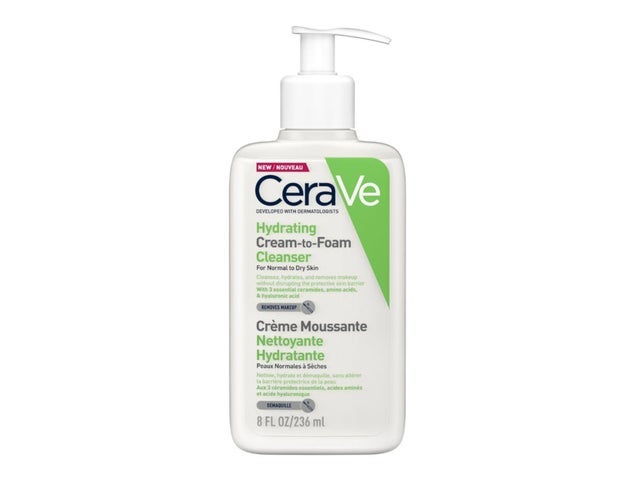
Light in texture, it adds hydration thanks to the amino-acid-rich formula, and is weightless, easy to rinse off and leaves skin feeling comfortable and soothed.
After cleansing, Hatzistefanis recommends applying the Rodial dragon’s blood eye masks (SpaceNK, £39), which work to plump and hydrate the eye area.
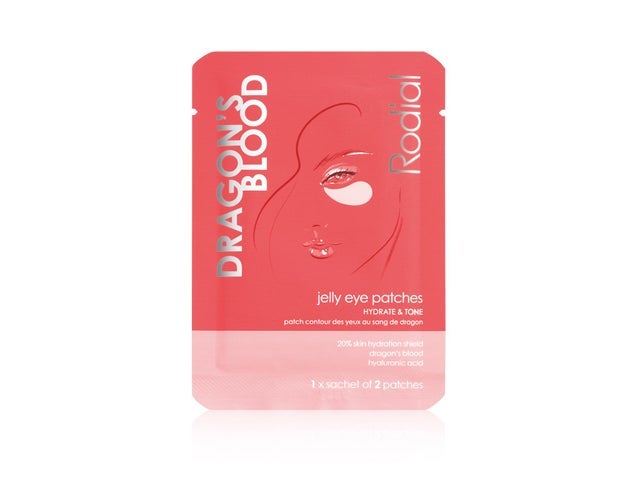
Featuring in our guide to the best under-eye masks, our tester noted that the antioxidants, hyaluronic acid and arnica extract will repair, refresh and revitalise dry, tired eyes. “Results are fast-acting and obvious. Expect plenty of compliments on your radiant skin,” they said.
Follow this with products that will brighten and exfoliate, such as vitamin C pads. The Rodial vit C brightening cleansing pads (SpaceNK, £45) landed a spot in our review of the best vitamin C skincare products.

“If you’re looking for a quick and easy fix to bring some zing to your skin, then try these cleansing pads which are soaked in pure vitamin C, 0.5 per cent salicylic acid and 1 per cent fruit acid complex,” wrote our tester.
They added that you should not underestimate these pads: “Your skin’s texture will dramatically improve while pigmentation will slowly fade.”
As a penultimate step in your skincare routine, Hatzistefanis says if you’re wanting to tackle any fine lines, she’d apply the Rodial retinol drops (John Lewis & Partners, £75) with the Rodial collagen drops (SpaceNK, £80).
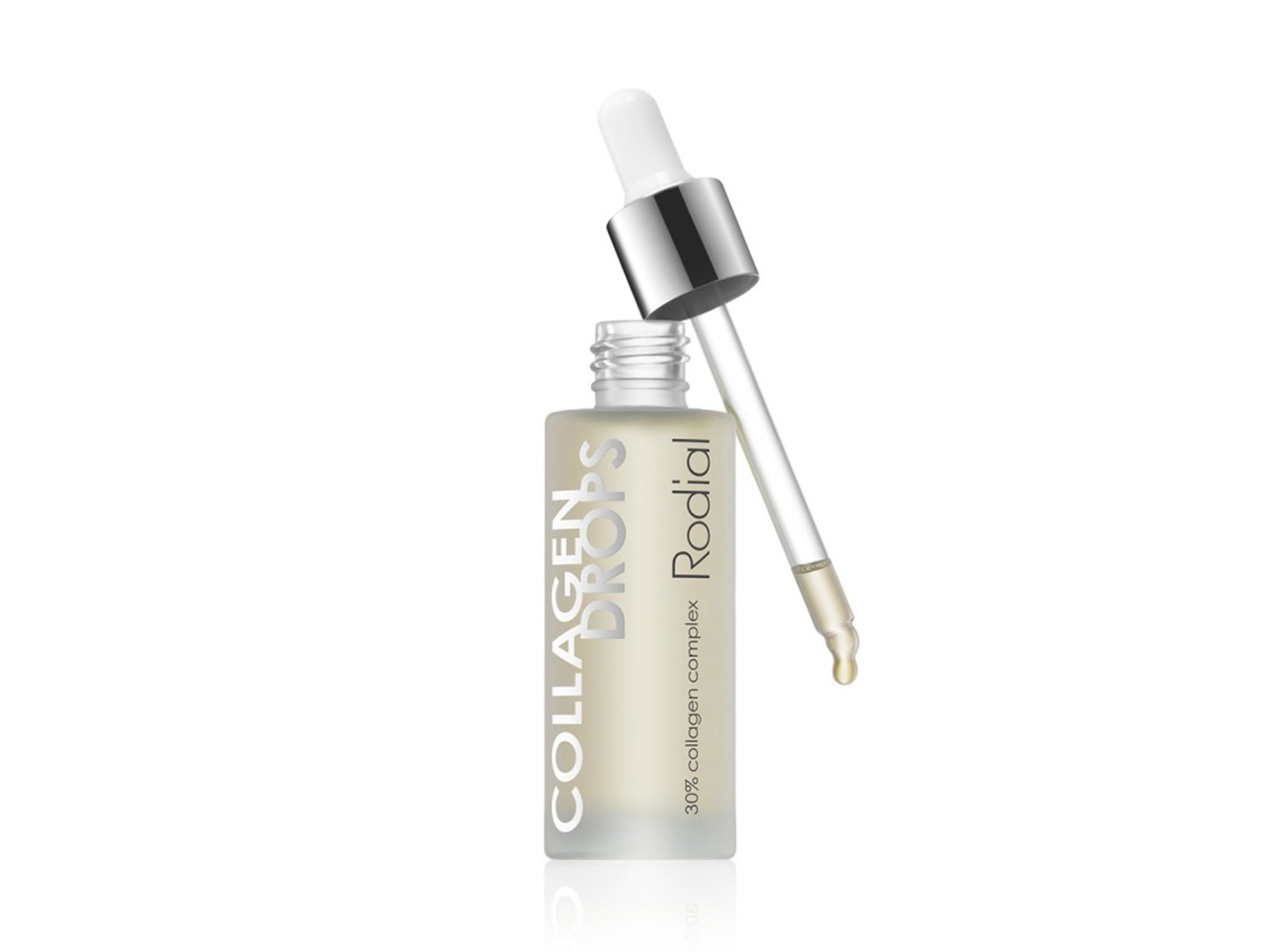
“The retinol will work to smooth the skin by speeding up cell renewal to improve the appearance of fine lines, while the collagen will help to really plump and hydrate the skin, essential in any skin routine.”
As a final step in your evening routine, you’ll want to lock everything in with a night cream that is great for hydration and plumping your skin while sleeping. The Dermalogica pure night (Dermalogica, £75) took the top spot in our review of the best night creams.
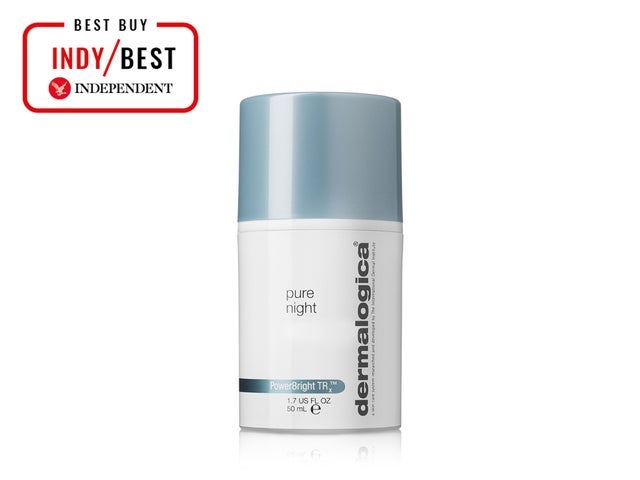
“The ingredient list of pure night reads like a list of the brightest and best in skincare: peptides, vitamin C, niacinamide and zinc,” said our reviewer.
“Throw in pumpkin enzyme to smooth and improve texture and cranberry and raspberry seed oils to lock in moisture, and you get a rich, brightening, smoothing, hydrating, protecting, restorative night cream.” Expect to wake up with soft, glowing skin the next morning.
For something less costly, we’d recommend turning to the Kiehl’s bestselling ultra facial cream (Kiehl’s, £26), which our reviewer said “combines glycerin, water and squalane with olive, apricot and avocado oils into a super-moisturising cream”.

Containing “a glycoprotein derived from glaciers that thrives in extreme climates”, it provides deep hydration and defence for colder climes; ideal for adding to your winter skincare routine.
Combination skin
Finally, if you’re both dry and oily, you have combination skin. You can’t have two skincare routines, so an effective middle ground needs to be found.
“Typically, combination skin has a mix of oily areas on the T-zone, exhibiting shine and clogged pores, while the cheeks, jaw and hairline tend to be dry, often with flaking and redness. Keeping combination skin healthy is about achieving a balance between moisturising adequately and not over-clogging the pores with oil,” says Dr Bibi Ghalaie of cosmetic British Aesthetics.
“Regardless of skin type, my pillars of skincare still apply; cleanse, exfoliate, moisturise. Everyone should be cleansing at night,” Dr Ghalaie advises. For combination skin, it is best to avoid using cleansers with alcohol as a base as these can cause irritation. It’s also best to avoid soap bars as these can block the pores, she adds.
Dr Ghalaie recommends that those with combination skin use a micellar water, such as Garnier's micellar water (Boots, £5.99), to remove make-up, followed by cleansing with a fragrance-free gel or cream cleanser such as Medik8's cream cleanse (Feelunique, £18).
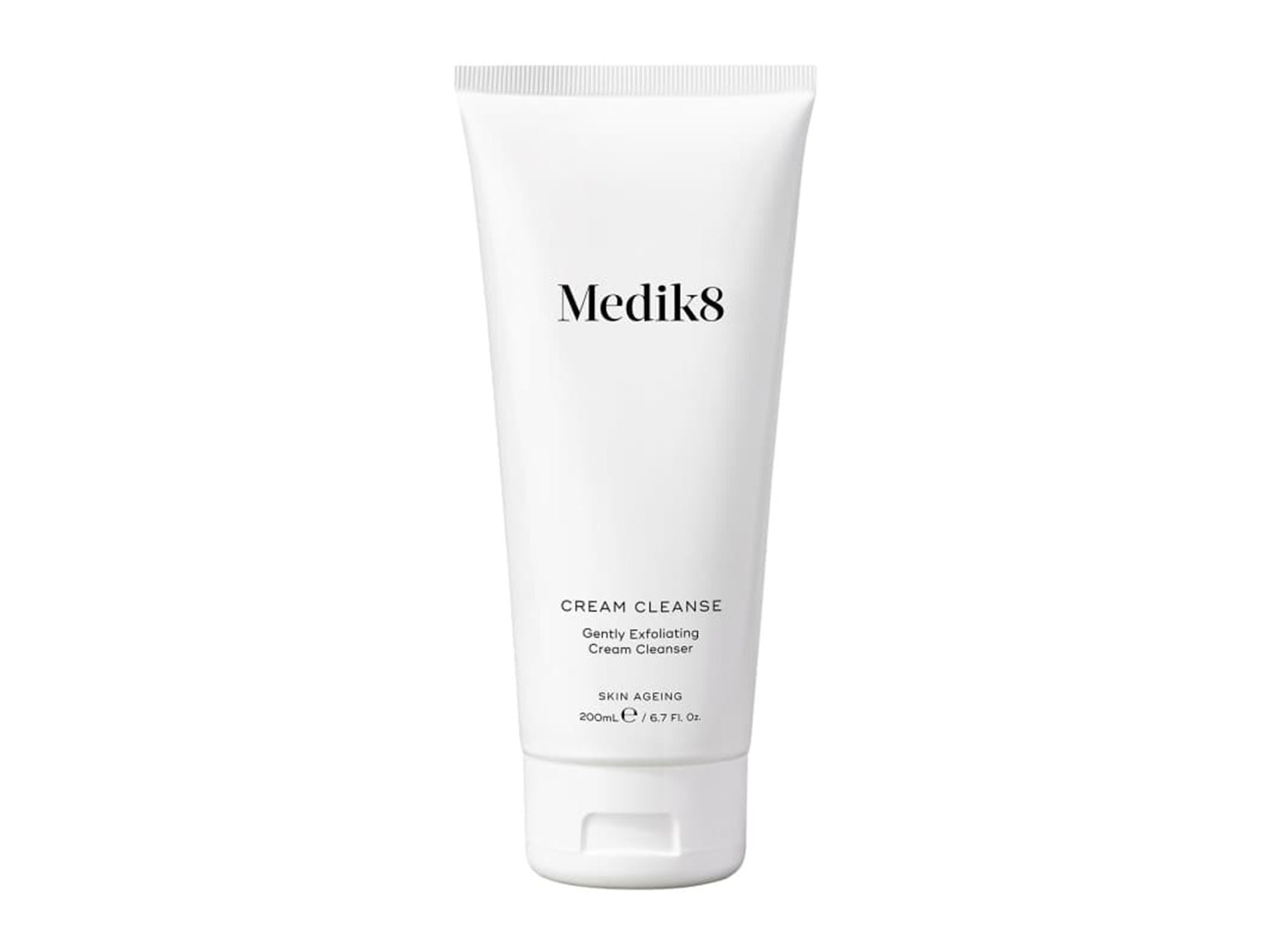
Silky in texture, the cream cleanse will gently exfoliate and is designed for all skin types. Alternatively, the Beauty Pie japanfusion pure transforming cleanser (Beauty Pie, from £7.47) featured in our review of the best face cleansers.
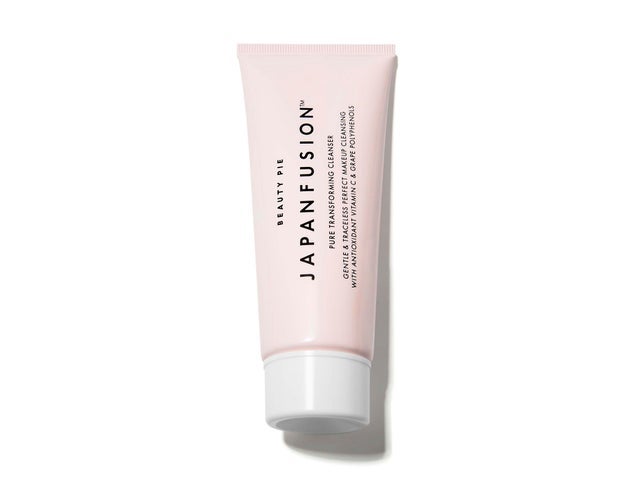
“When rubbed into dry skin it melts into a luxurious oil and then to a milky texture to rid your face of sweat, dirt, grime, make-up and sunscreen,” wrote our tester.
“Fragrance free and buttery soft, we found it left no greasy residue once rinsed off and it did a stellar job at removing our waterproof mascara, the true test of any cleanser,” they added.
Following a double cleanse, “a good AHA or BHA exfoliator is then necessary to remove dead skin cells and enable better hydration, restyling in a stronger skin barrier”, says Dr Ghalaie. She recommends turning to the NeoStrata refine oil control gel (lookfantastic, £28).
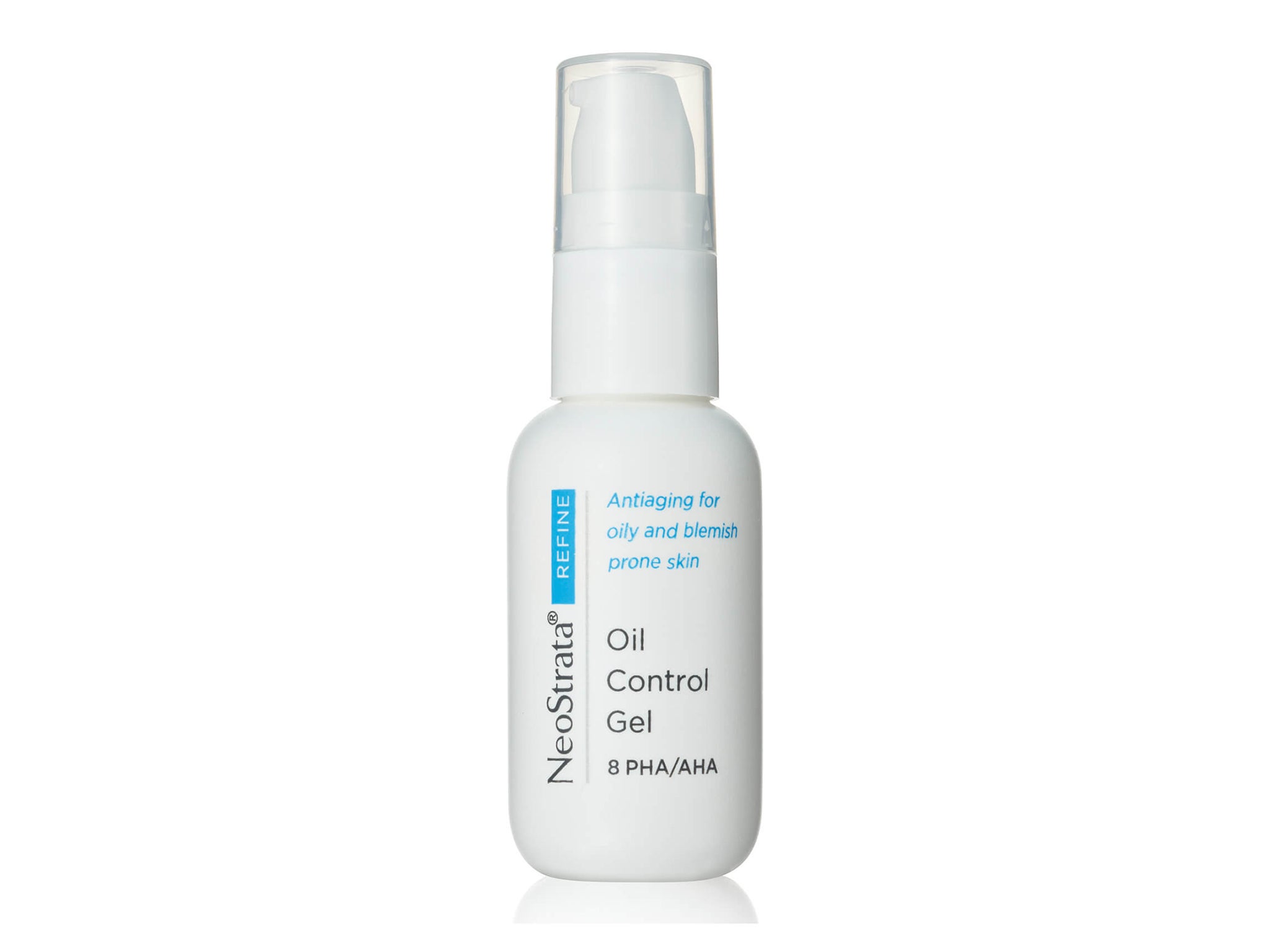
The lightweight formula works to absorbs oil to create a matte finish and smooth uneven texture. If you’re looking for something a little more cost-effective, The Ordinary glycolic acid 7 per cent toning solution (Deciem, £6.80) featured in our review of the best exfoliating toners thanks to its ability to brighten and reduce irritation.
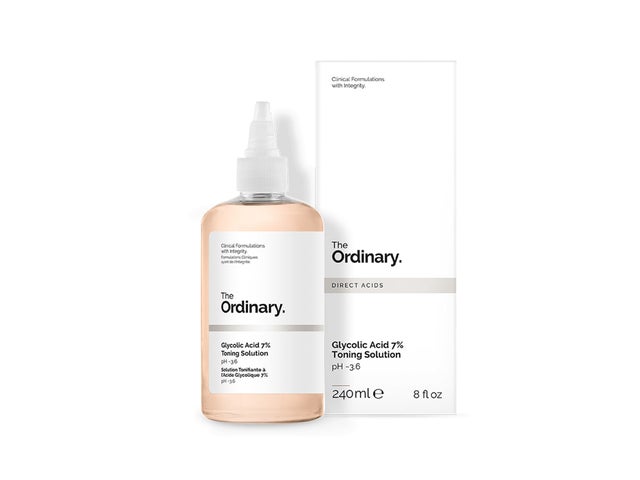
“It might be budget but the results are just as good as pricier products,” praised our writer.
Lastly, an effective moisturiser is essential to lock in hydration while you sleep. On dry areas of the skin, use a rich lotion or cream moisturiser, such as the Medik8 advanced night restore (Cult Beauty, £55), says Dr Ghalaie.
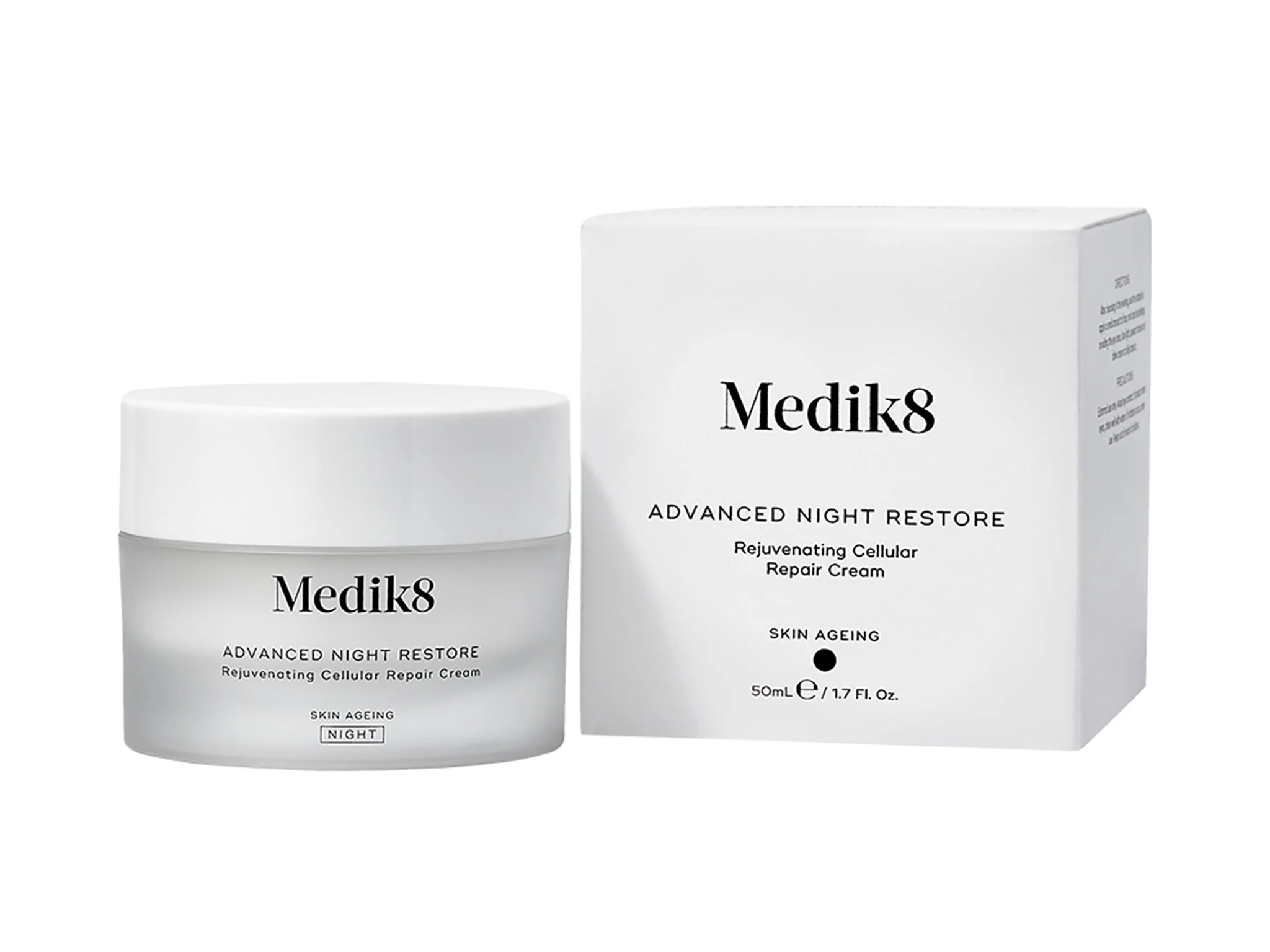
Packed with antioxidants, it works while you sleep to restore and hydrate the skin. For more oily areas, Dr Ghalaie recommends the La Roche-Posay hydraphase intense light (Lookfantastic, £13), which is a non-greasy formula that contains hyaluronic acid to add moisture and maintain hydration.
Interested in 2021’s skincare trends? We spoke to the experts on their predictions and the products you need to know for the year ahead





